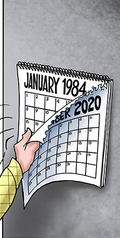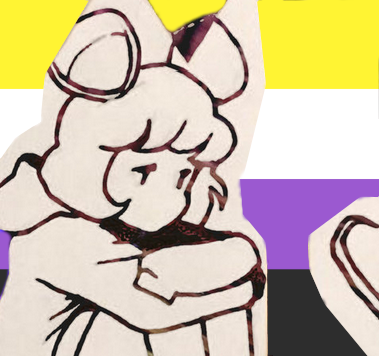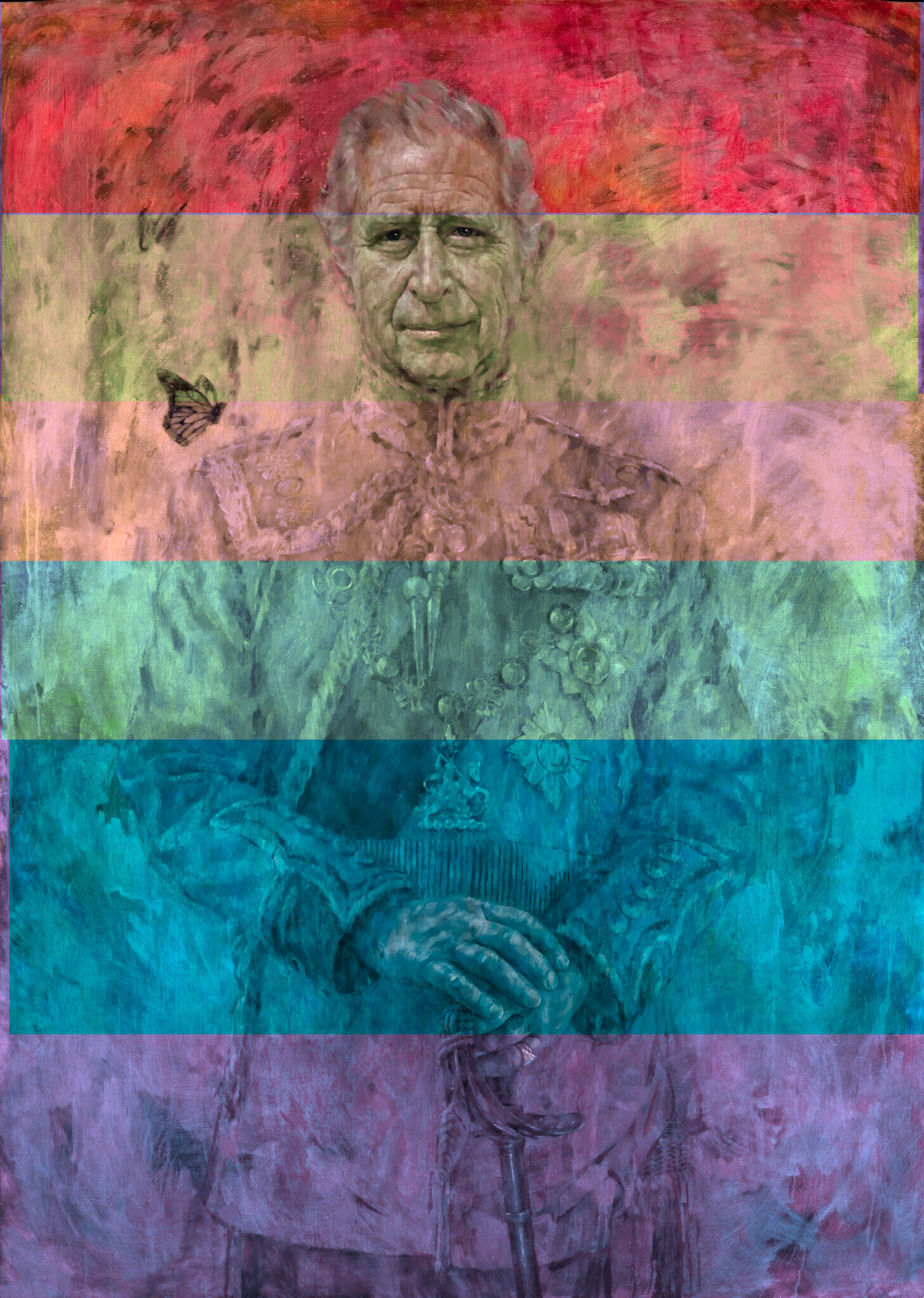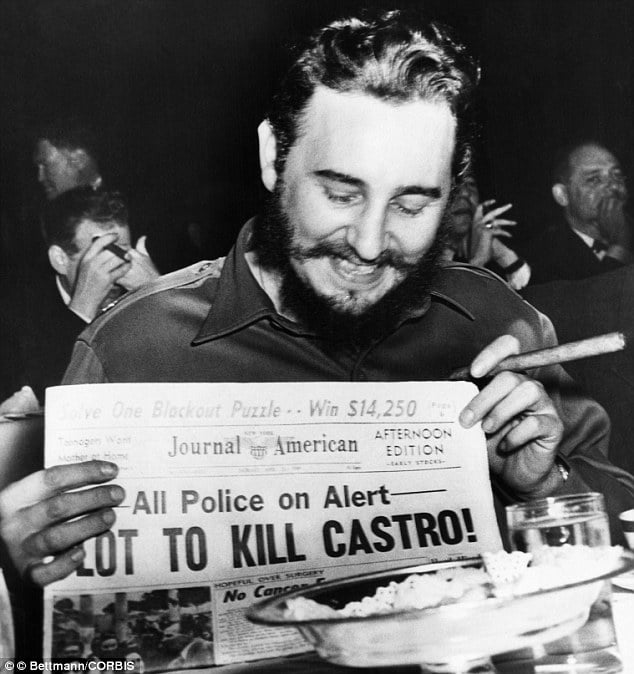- cross-posted to:
- memes@lemmygrad.ml
- cross-posted to:
- memes@lemmygrad.ml
cross-posted from: https://lemmygrad.ml/post/5705766
Blaming Khrushchev for something that happened 2 years after his death, and 9 years after he was removed from power via coercion due to age.
I agree that policy choices often have consequences years/decades down the line.
Most of my mid-century Soviet history and understanding comes within the context of the space race. Khrushchev was a champion of science and advocated for peace through space. I learned that he softened a lot of the totalitarian policies he inherited from Stalin. When he stepped aside, he saw it as a good thing that he was being replaced via a challenge that no one would dare launch against Stalin and his cult of personality. That meant that he had successfully pulled the nation away from blind subservience to a supreme leader. He didn't go as far as Glasnost, but he led the Union away from being led by dictators and towards more stable institutional systems of power.
Power that cannot respond to the needs of its roots will not be able to adapt to a changing world. Stalin was an impressive leader who had to make some brutally hard decisions in trying times. He left a country unable to adapt to the shifts of the latter 20th century. Had Stalin been willing to incorporate systems of peacefully negotiating disagreements with (e.g.) Trotsky, the USSR might have been flexible enough to have survived. He replaced an authoritarian monarch, unresponsive to the needs of the people, with an authoritarian dictatorship, which pretended to be responsive but could not keep up the charade without serious systems of peaceful self-correction led by the working proletariat.
I have not looked into Soviet agricultural policies under Khrushchev, other than by investigating the history of the Aral sea (central Russia is real Russia, ignore those westerners cosplaying in Moscow/Petrograd since Peter). During Khrushchev's time is when disrespect for this staple of central asian ecology accelerated. Now the sea is mostly gone due to poor agricultural practices, mostly for the extraction of cotton. We are reaping what Khrushchev sowed as central asia dies, one of the biggest obstacles to stabilizing an ecosystem on the brink.
I'm curious to hear which policies you think Khrushchev was responsible for that led to later food insecurities.
Recent reports also say Chinese eat more protein than Americans lol
Swole, but also soy (using chud food logic) (assuming Chinese people use more soy sauce than Americans)
Tbf, I think this is referring to the Kruschev era (50s), after the multiple invasions
Regarding your first point, classified CIA documents don't usually get released to the public until decades after they were made. After all, the Soviet Union also didn't exist in 2007 and the quote is using the present tense.
To your second point, that's a can of worms I'm too tired to go into, but someone else here might take you up on that.
Edit:
Removed by mod


The document itself is from the 1970s, it was declassified in 2007. You can read more about Stalin's purposeful starvation to supress opposition here.
"why would capitalists ever lie about Stalin?" —you, a clueless western chauvinist
Libs really struggle with this concept. I have no idea why. I guess because it brings their cognitive dissonance to the forefront and they can't ignore it anymore. It's especially sad with "leftist" libs who will understand the US and their alphabet agencies are bad, but will still uncritically accept everything they tell them about socialist countries.







